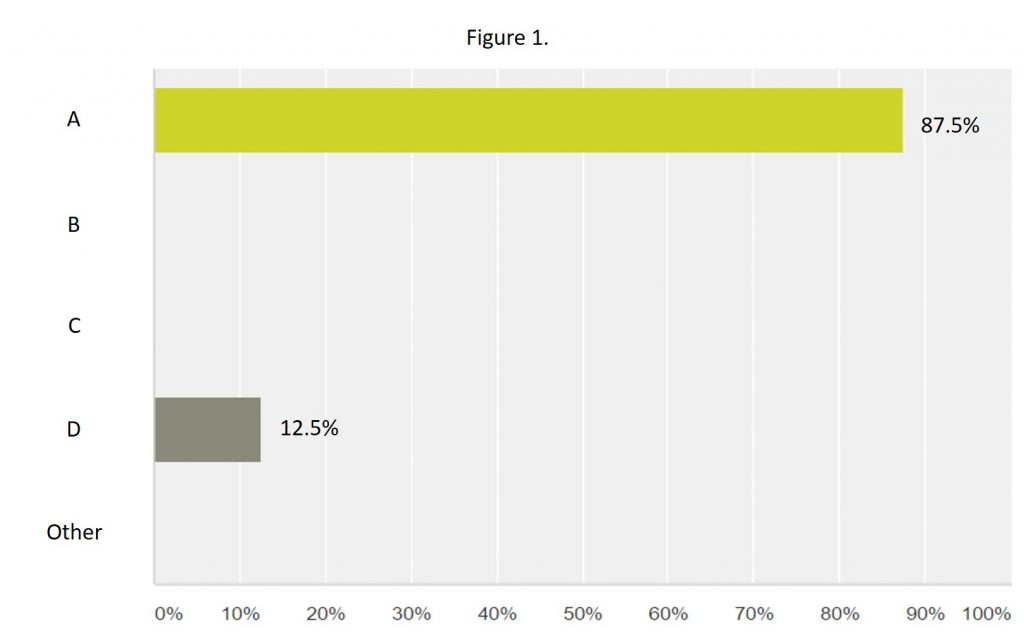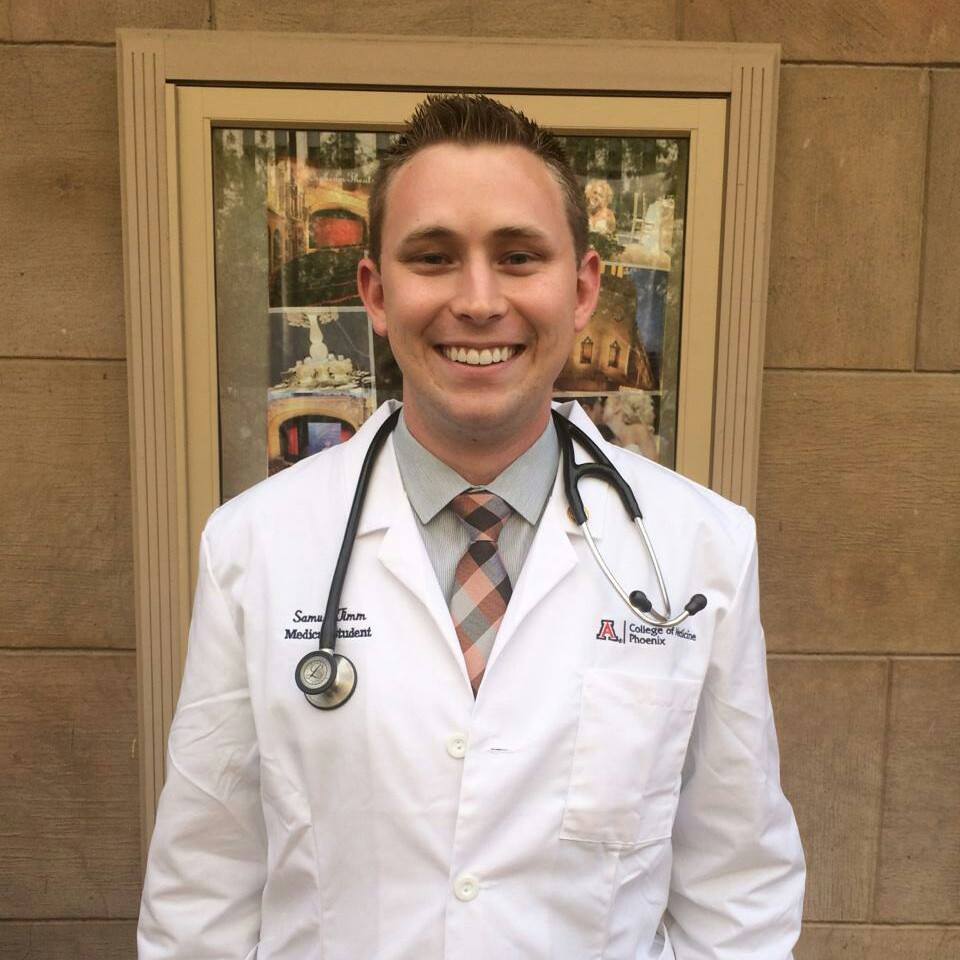July Response
Last edition, we focused on the story of Mrs. Plant, who was reaching the end of her life and was faced with a tough decision. The story and options are as follows:
Mrs. Plant has a fatal disease that affects individual organs while leaving others intact. Unfortunately, treatments for her condition are no longer working, and she is reaching the end of her life. Mrs. Plant’s physician meets with her to have an end-of-life discussion, which includes donating organs unaffected by her disease. However, in order to be an organ donor, she must discontinue her treatment, which may shorten her life. Mrs. Plant agrees to discontinue her treatment and become an organ donor. Though she seems happy with her decision to give someone else a chance, her family is distraught. They believe that she wants to continue to live as long as possible, but the option of helping others has coerced her into donating her organs. After careful deliberation with patient and family, the case is brought before an ethics consult.
How would you opine?
- Support – The patient is a rational actor who is able to make her own medical decisions
- Support – The benefit of extending another person’s life provides more benefit for the community
- Disagree – The risk of coercion is too high
- Disagree – Healthcare providers should do everything in their power to help the patient in front of them, and this decision is harmful to their care.

Figure 1 shows the results of our poll. Overall, our readers greatly supported the patient’s decision under the principle of self-autonomy. A group of readers did choose to disagree under the principle that a healthcare provider is there to provide the most care possible and that this decision would be harmful to her care.
VERDICT
This ethical question is based on a real case from a cystic fibrosis patient. The ethical committee did not allow the discontinuation of his care, and he passed away without organ donation.
This ethical dilemma was also brought to the AMA-MSS national meeting as a resolution to set a standard concerning discontinuation of medicine for organ donation. This did not pass the medical student delegation.
Thank you all so much for your participation!
September Question
You are a pediatrician who is discussing care with a first-time pregnant couple. You were referred the couple by an obstetrician to establish routine care for the newborn after the delivery. While you are planning the delivery and continued care of the newborn, the family states they do not “want any shots” for their child, including a vitamin K supplementation. Vitamin K is important to prevent hemorrhages and is not produced by newborns, and refusing vitamin K supplementation leads to an increased risk of intracranial hemorrhage and possible long-term cognitive effects.
Considering you will be responsible for the child’s welfare moving forward, how do you respond to the family and/or what actions would you take?
*Click here to share your opinion*
Medical Ethics Editors
 Alexandra Cooke is a medical student at The University of Arizona College of Medicine – Phoenix. She graduated in 2013 from UA with bachelor’s degrees in physiology and international studies. This self-proclaimed global health nerd and news junkie can commonly be found downtown exploring local coffee shops and bookstores or out dancing ballroom or swing with friends. In the future, Alexandra hopes to incorporate her passions (somehow) into her medical career and be able to empower patients. She is one of the co-chairs of the Medical Ethics Interest Group.
Alexandra Cooke is a medical student at The University of Arizona College of Medicine – Phoenix. She graduated in 2013 from UA with bachelor’s degrees in physiology and international studies. This self-proclaimed global health nerd and news junkie can commonly be found downtown exploring local coffee shops and bookstores or out dancing ballroom or swing with friends. In the future, Alexandra hopes to incorporate her passions (somehow) into her medical career and be able to empower patients. She is one of the co-chairs of the Medical Ethics Interest Group.
 Samuel Timm is a student at The University of Arizona College of Medicine – Phoenix, class of 2019, and is a native of Arizona. He graduated from The University of Arizona in 2013 with a Bachelor in Science in psychology. His academic interests include medical ethics and medical advocacy in legislation and policy. In his spare time, Sam enjoys swimming, playing guitar, traveling, and hiking. If you have any questions or comments, please feel free to contact him at samuelt[at]email.arizona.edu.
Samuel Timm is a student at The University of Arizona College of Medicine – Phoenix, class of 2019, and is a native of Arizona. He graduated from The University of Arizona in 2013 with a Bachelor in Science in psychology. His academic interests include medical ethics and medical advocacy in legislation and policy. In his spare time, Sam enjoys swimming, playing guitar, traveling, and hiking. If you have any questions or comments, please feel free to contact him at samuelt[at]email.arizona.edu.
The Differential is a platform for UA COM-P medical students that aims to educate, inform and enlighten our community through collaborative dialogue and communication.
